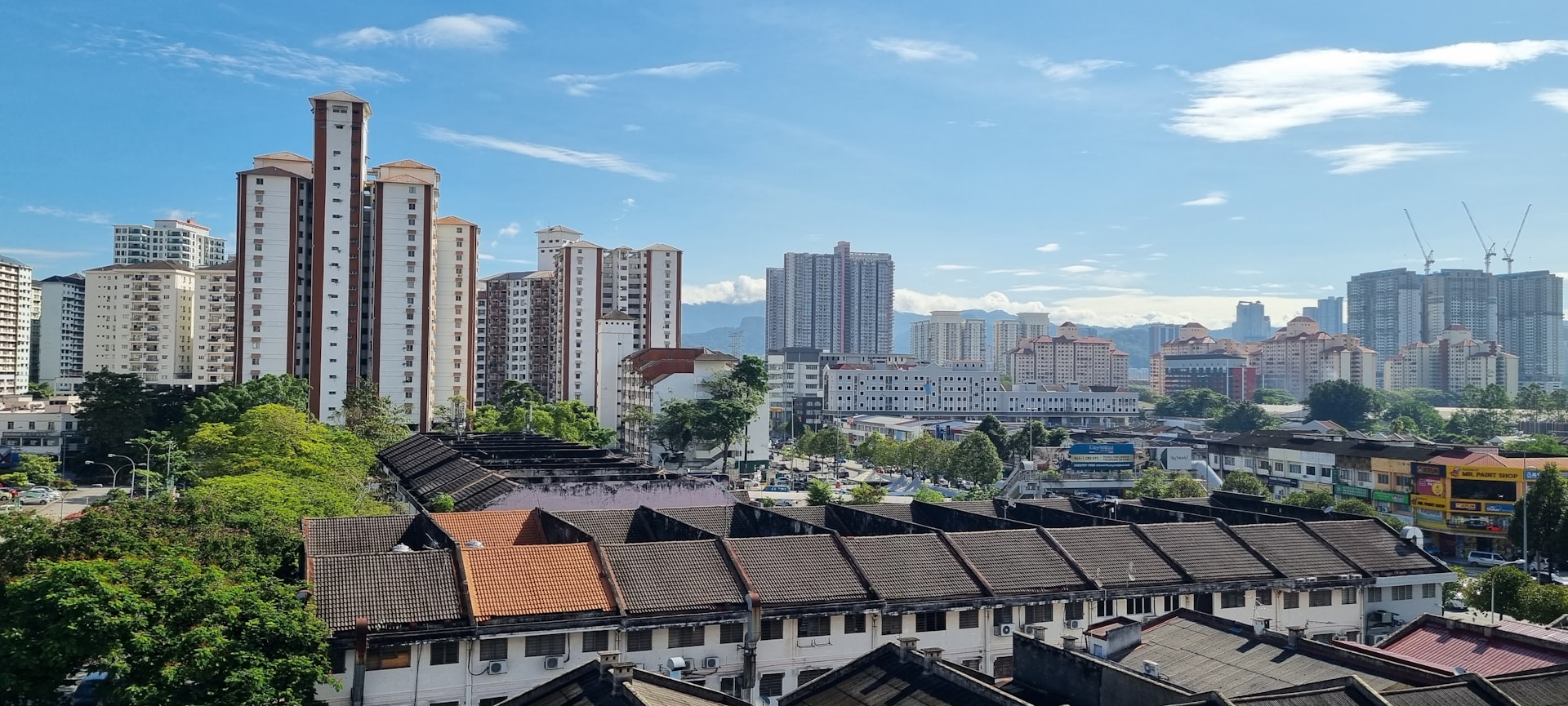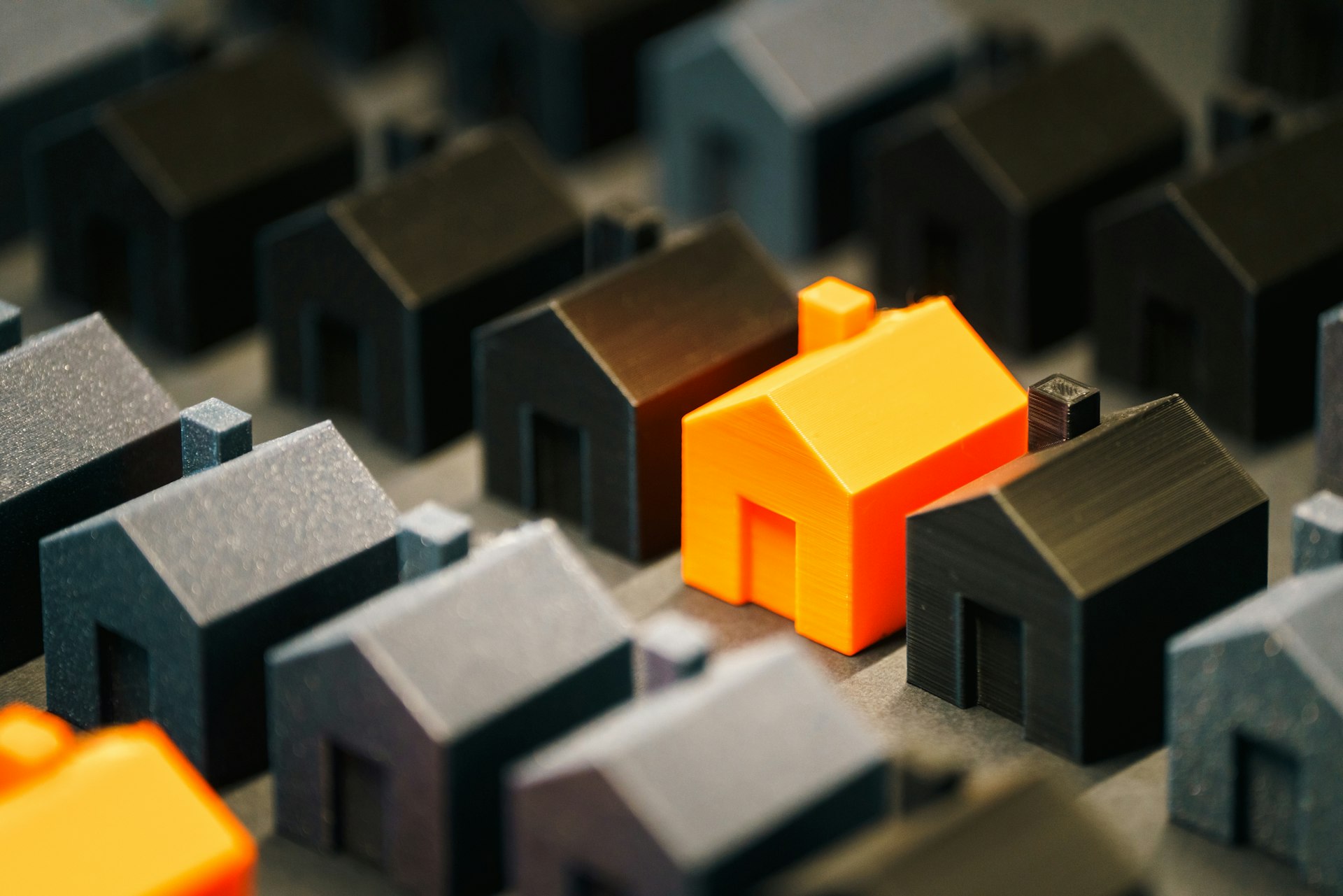How Drone Technology is Shaping the Future of Property Inspections

Photo by Harrison Kugler on Unsplash
The Next Generation of Property Inspections
Property inspections are undergoing a significant transformation. Traditional inspections-once labor-intensive, time-consuming, and prone to human error-are now being revolutionized by drone technology and artificial intelligence (AI). These innovations promise improved accuracy, efficiency, and cost-effectiveness for homeowners, real estate professionals, insurance providers, and property managers alike. This article explores the future of drone technology in property inspections , details actionable steps to access these services, and provides guidance for integrating drone solutions into your property management or real estate workflow.
Advantages of Drones in Property Inspections
The adoption of drones in property inspections offers several tangible benefits. Modern drones equipped with high-resolution cameras, thermal sensors, and LiDAR (Light Detection and Ranging) can assess properties from the air, capturing comprehensive visual and data records that surpass what manual inspections can achieve. For example, drones can:
- Provide a 360-degree view of roofs, facades, and hard-to-reach areas-identifying missing shingles, leaks, and structural weaknesses in minutes.
- Capture detailed imagery of gutters, chimneys, and flashing without the need for ladders or scaffolding, enhancing safety and reducing risk.
- Evaluate landscaping elements, drainage patterns, and grading issues that may affect property value or maintenance needs.
- Deliver real-time data for faster analysis, allowing inspectors and property owners to make timely decisions based on actionable insights.
These capabilities enable inspectors to work more efficiently, reduce on-site time, and minimize costly errors or oversights. According to industry research, a full roof inspection can be completed in just a few minutes using drones, compared to hours with traditional methods [2] .
Emerging Trends: AI, Automation, and Virtual Inspections
Looking ahead, the fusion of drone technology with AI and automation is set to further reshape property inspections. In 2025 and beyond, automated inspection systems are expected to become standard, leveraging a combination of sensors, robotics, and machine learning algorithms. These systems can:
- Automatically scan entire properties, analyzing exterior and interior conditions with thermal, visual, and LiDAR data for a holistic assessment [1] .
- Detect structural issues, forecast maintenance needs, and identify potential safety hazards in real-time.
- Create interactive 3D models and digital twins of properties, enabling remote inspections and immersive virtual tours for buyers and stakeholders [4] .
- Integrate with smart home sensors for ongoing, remote condition monitoring and AI-powered virtual inspections-allowing property conditions to be assessed without a physical visit [2] .
These trends not only enhance inspection quality but also significantly reduce costs. For example, virtual staging is now up to 97% cheaper than traditional methods, and drone-enabled property marketing can cut site visits by 75% [4] .
Real-World Applications and Case Studies
Drone inspections are already being used in a variety of property-related fields:
- Real Estate Listings : Drones provide aerial photos and videos that enhance property listings, helping homes sell up to 68% faster by offering buyers a comprehensive view [4] .
- Roof and Facade Inspections : Inspectors can identify damage, wear, or deterioration without risking personal safety by climbing ladders or scaffolding [5] .
- Construction Monitoring : Project managers use drones to track site progress, verify milestones, and maintain transparent client relationships using high-definition aerial imagery [5] .
- Insurance Claims : After storms or accidents, drones document property damage quickly and accurately, expediting claims and repairs [3] .
If you operate in real estate, construction, or property management, embracing drone technology can provide a competitive edge. For specialized drone inspection services, you can contact professional providers such as GeoWGS84 Corp, which offers deep-learning-based geospatial data analysis (see contact info in the References section) [3] .
How to Access Drone Inspection Services
Accessing drone inspection services is now more straightforward than ever. Here’s how you can get started:
- Research Qualified Providers : Look for established drone inspection companies with proven experience in your sector. Verify their licensing, insurance, and compliance with FAA regulations for commercial drone operations.
- Request a Service Quote : Contact providers directly-many list email addresses or phone numbers for inquiries (for example, GeoWGS84 Corp at [email protected] or (720) 702-4849) [3] .
- Define Your Inspection Needs : Specify the type of inspection required (roof, facade, full property, insurance claim, etc.), property size, and any unique challenges (e.g., multi-story buildings, remote locations).
- Review Service Agreements : Ensure the provider offers clear deliverables, including data formats, analysis reports, and turnaround time. Discuss data privacy and storage policies.
- Schedule the Inspection : Coordinate with your provider to set a date and ensure property access. Some companies offer real-time video feeds or digital reports delivered within hours of the inspection.
- Analyze Results and Plan Next Steps : Use the data to inform maintenance, repairs, or transactions. Most reports include annotated imagery, 3D models, and actionable recommendations.
If you are unable to find a local provider, consider searching online with terms such as “drone property inspection services near me,” “FAA certified drone inspector,” or “AI-powered property inspection company.” You can also consult industry associations for referrals or guidance.

Photo by Zac Gudakov on Unsplash
Overcoming Challenges and Ensuring Compliance
While drones offer many advantages, several challenges and regulatory considerations must be addressed:
- Regulatory Compliance : Commercial drone operations in the U.S. require FAA certification and adherence to airspace restrictions. Always verify that your provider is fully licensed.
- Privacy Concerns : Ensure all data collection complies with local privacy laws and obtain necessary permissions from property owners or tenants.
- Weather and Technical Limitations : Drones may not operate safely in severe weather or near power lines. Providers should have contingency plans and backup equipment.
- Data Security : Discuss how your data will be stored, shared, and protected. Choose providers with robust cybersecurity protocols.
To mitigate these challenges, work with reputable, experienced providers and stay informed about evolving regulations by visiting the Federal Aviation Administration’s official website or consulting with professional associations.
Alternatives and Complementary Approaches
While drones are rapidly becoming the industry standard, alternative or complementary technologies include:
- Smart Home Sensors : Networked sensors can monitor structural health, moisture levels, and energy usage-supplementing drone data for a complete property profile.
- Handheld Thermal Cameras : For areas inaccessible by drone (such as interior crawl spaces), handheld devices can provide additional insights.
- Manual Inspections : In some cases, a hybrid approach-combining on-site inspection with drone data-yields the most thorough results.
Consider which approach best suits your property’s needs, budget, and regulatory environment. Many service providers offer customized inspection packages that integrate multiple technologies for maximum accuracy.
Key Takeaways and Next Steps
Drone technology is rapidly transforming property inspections by delivering faster, safer, and more reliable assessments. As AI and automation capabilities expand, expect even greater efficiency, cost savings, and data-driven insights. To leverage these benefits:
- Research and choose certified, reputable drone inspection providers.
- Define your inspection goals and communicate them clearly to your chosen provider.
- Stay informed about regulatory requirements and industry best practices.
- Consider integrating drones with other smart property management solutions.
If you need further assistance, consult professional organizations in real estate, construction, or property management, or contact established providers listed in the References section below.
References
- [1] Jaxon Texas (2025). Automated Property Inspections in 2025: The Future of Real Estate and Maintenance.
- [2] LunsPro Georgia (2023). The Future of Home Inspections: How AI and Drones Are Changing the Industry.
- [3] UAV Sphere (2023). Drone Inspection Services: The Future of Efficient Property Inspections.
- [4] HomeJab (2025). Top AI Drone Trends in Real Estate 2025.
- [5] Arch Aerial (2025). 2025 Drone Outlook: Exploring Future Trends in Construction.
- GeoWGS84 Corp. Deep Learning with Geospatial Data.



